What Every Parent Needs to Know About School Bullying
School bullying is nothing new — it may have even happened to you when you were a kid. But thanks to the rise of social media and all-too-easy access to digital devices, kids are facing more challenges from their peers than ever before.
Approximately one in five middle and high school students say they’ve been bullied, according to the National Center for Education Statistics. That includes being made fun of or called names, left out of activities on purpose, physically harmed or threatened with harm.
While you can’t control everything that happens on the playground or at school, it’s good to be aware of what to watch out for and how you can help.
Nathan Gauer, program director of No Bully, a nonprofit organization that aims to end bullying in schools, says parent involvement goes a long way towards preventing kids from being bullied or becoming a bully. “Make sure you’re more involved with your child’s school, and help create an environment where everyone is respected at home and you model good behavior,” Gauer says. “Teach your kids that their feelings are valid but that they should never resort to bullying or retaliation.”
So as a parent, how else can you prepare and keep your child safe? Read on for the top eight things parents need to keep in mind about bullying.
Communicate, Communicate, Communicate
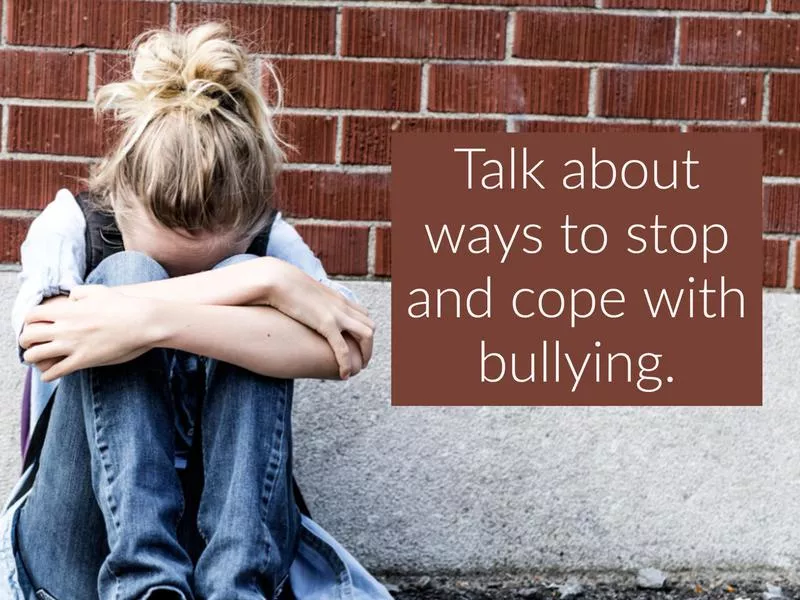
LSOphoto / Getty Images
Start a dialogue with your kids and talk about ways to stop and cope with bullying. Sometimes it’s good to start with the smaller things, such as how to be inclusive on the playground, and then move onto bigger topics, such as what it feels like when a group of friends suddenly turns against you.
Start a conversation with your kids as soon as they’re old enough to understand the concept of making good choices versus bad ones. Talk about how to treat others, how others should be treating them, and how to make the best choices for themselves. Sometimes making the best decision won’t be the most popular choice among their friends. Your child will need to learn how to how to stick to their guns and deal with the aftermath.
Pay Attention to Warning Signs
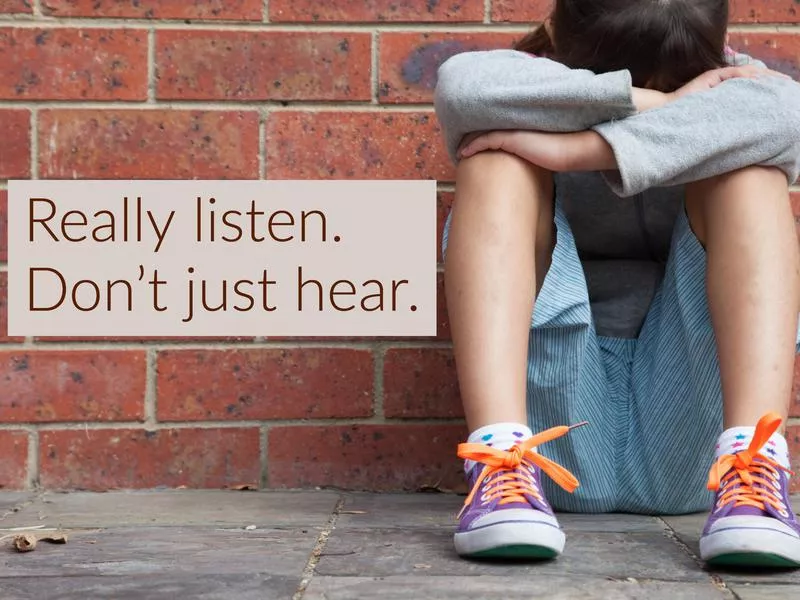
CraigRJD / Getty Images
If your child asks out of the blue, “Does my belly look fat?” don’t just shake your head no and sweep it under the rug. It could be a sign of low self-esteem, which is often the result of bullying.
If such questioning happens repeatedly, he or she could be getting teased at school. Sometimes comments from another child are unintentionally hurtful or simply misinterpreted. But if the name calling happens often or is from more than one child, then that’s bullying.
Listen closely to what your child is telling you. Really listen. Don’t just hear. Let them know that their safety is the most important thing to you.
Problem-Solve Collaboratively
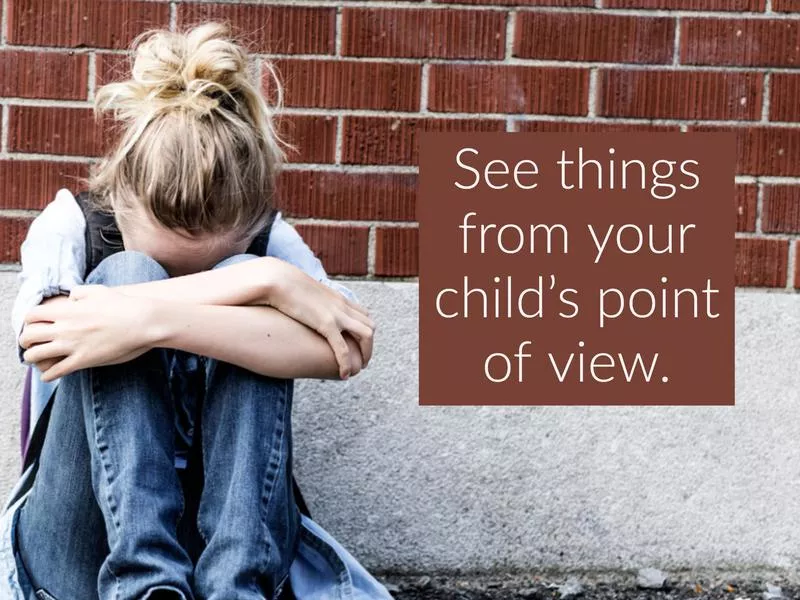
Stay hypervigilant about any recent changes in your child’s moods or academic performance. If you’re seeing a sudden slide in their schoolwork, it may be the result of bullying. A study from the University of Toronto found that students who are bullied are unable to concentrate and end up suffering academically.
If you notice that your child is suddenly struggling with a certain subject or unable to stay engaged, talk to your child’s teacher to find out how things are going at school.
If you do suspect bullying, No Bully’s Gauer recommends stepping into your child’s shoes and seeing things from their point of view, and then working with him or her to problem-solve together.
“When parents brainstorm solutions with their child, that will help them take control of their own situation and they will feel supported,” he says.
Examine Your Own Home
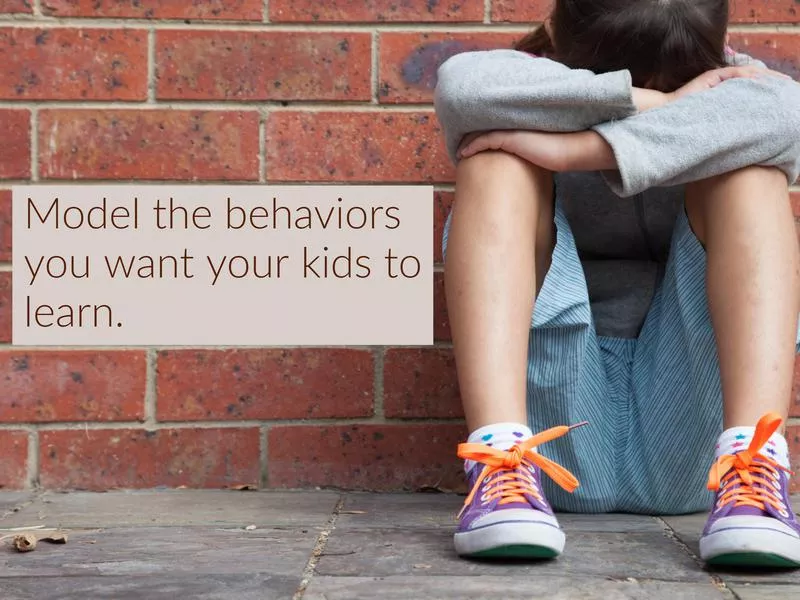
If your kid is the one doing the bullying, the first thing you need to do is take a good, hard look at your own behavior. Children learn from how their parents behave and will eventually mimic that behavior at school.
Do your kids hear you gossiping about the neighbors? Maybe you have a not-so-nice nickname for the scowling barista at your local Starbucks? Your kids will pick up on the gossiping and name calling and think it’s okay for them to do the same at school. Model the behaviors you want your kids to learn: kindness, empathy and honesty.
In addition, make sure your own living space is a bully-free zone. While discipline is important and you always need to be teaching your kids right from wrong, don’t overstep your boundaries. Discipline is one thing, but humiliation is another. Parents who continually tease, are verbally abusive or overly controlling will likely end up with kids who act that way at school.
Alternatively, parents who demonstrate that they treat others — including their own children — with respect are more likely to raise kids with good relationship skills.
Set Limits for Social Media and Internet Use
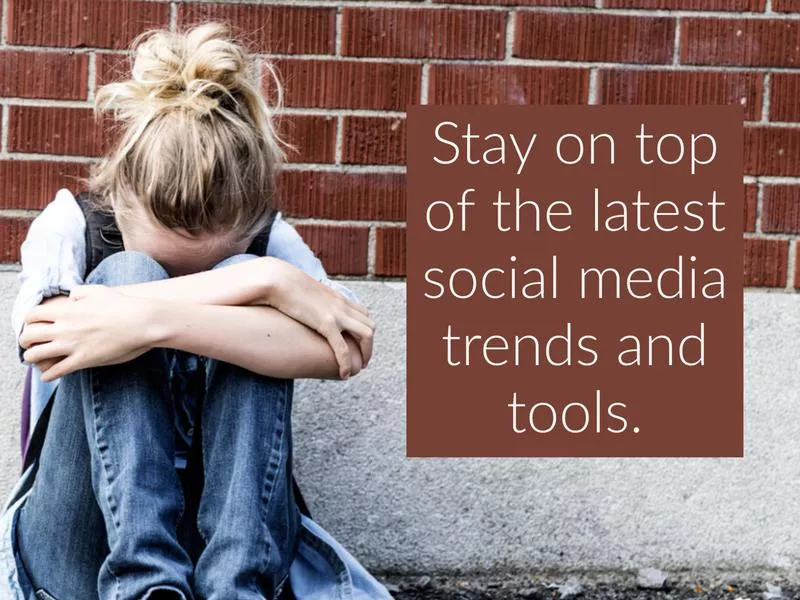
As kids spend more and more time glued to their digital devices, the possibility that they’ll encounter cyberbullying only increases. After all, it’s easy for peers to make taunts and threats when they can hide behind the anonymity of the internet. So what can you do to protect your kids from cyberbullying?
Stay on top of the latest social media trends and tools. The number of apps at your kids’ fingertips is rapidly increasing, and chances are, if you’re on a certain platform (think Facebook), your kids are not. After all, they’re way too cool to be using the same apps as their parents.
In addition, be sure to set limits on the amount of time your kids spend online and which apps they use. This isn’t as easy to do when you’re talking about a teenager who totes around a smartphone at all times. But if your children are younger and you’re at home, you can use a device like Disney Circle, which lets you set filter levels for each gadget in your home and turn internet access on and off at certain times. It even allows you to set a limit on total daily online usage.
Similarly, Google Wifi has a family mode that allows you to set scheduled restrictions (such as no WiFi at nighttime) for certain devices.
Have Conversations About Online Conduct
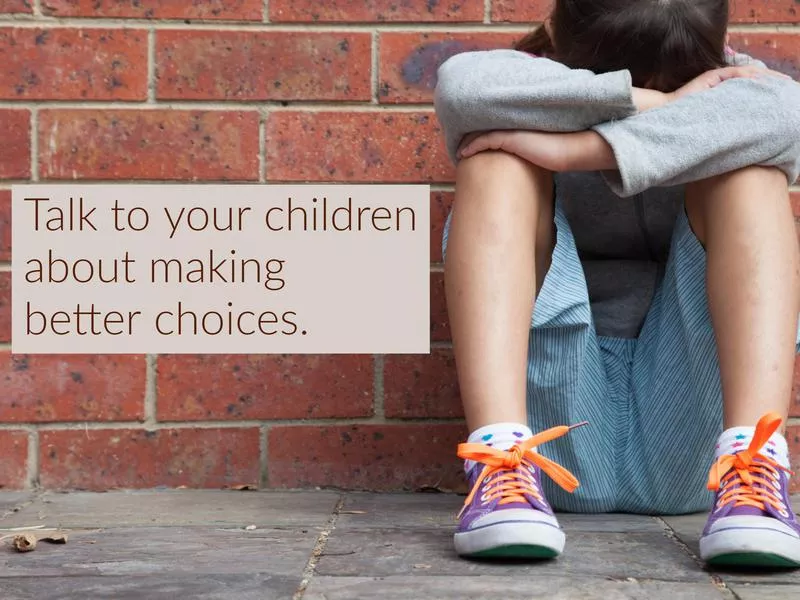
But remember — if kids really want to elude any monitoring, they will find workarounds. You might be able to convince your kids to add you to their Snapchat or Instagram accounts, but they can still block you from seeing their posts.
Talking to your children about how to navigate the internet and how to make better, balanced choices is the best way to prepare them for what they might be exposed to.
Get Active in Your School’s Anti-Bullying Efforts
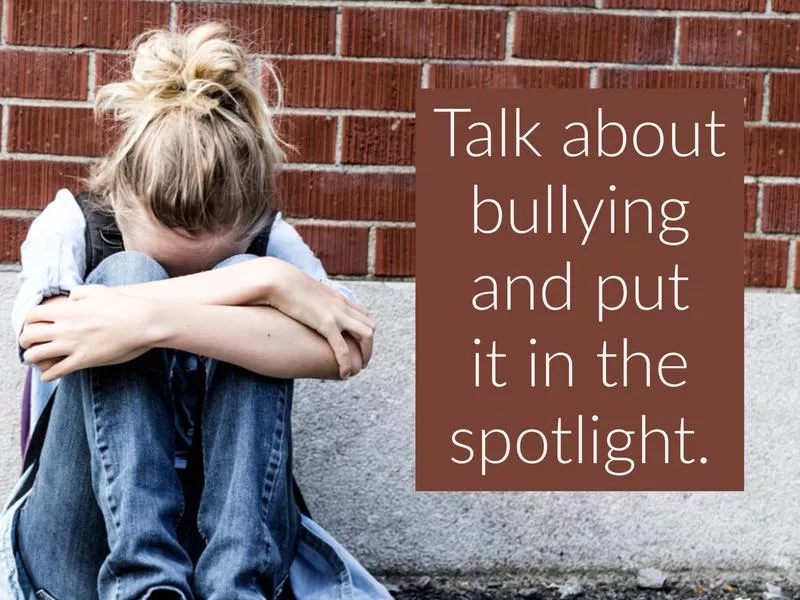
Make sure you’re familiar with your school’s anti-bullying and harassment policies so that if an incident does occur, you’ll know how to respond and who to go to for help. Typically talking with your child’s teacher, principal and school counselor is a good place to start.
Many schools have anti-bullying programs in place, but unfortunately some only go so far as to hand out pamphlets every now and then. If that’s the case, it may be up to you to spearhead your school’s bully prevention efforts. Meet with other parents to discuss how you can come together to raise awareness. Get involved by organizing school events. For instance, you could rally students to wear orange on Unity Day in October to take a stand against bullying.
The more that parents and kids talk about bullying and put it in the spotlight, the less likely it is to happen at your school.
Stay Vigilant, but Don’t be a Helicopter Parent
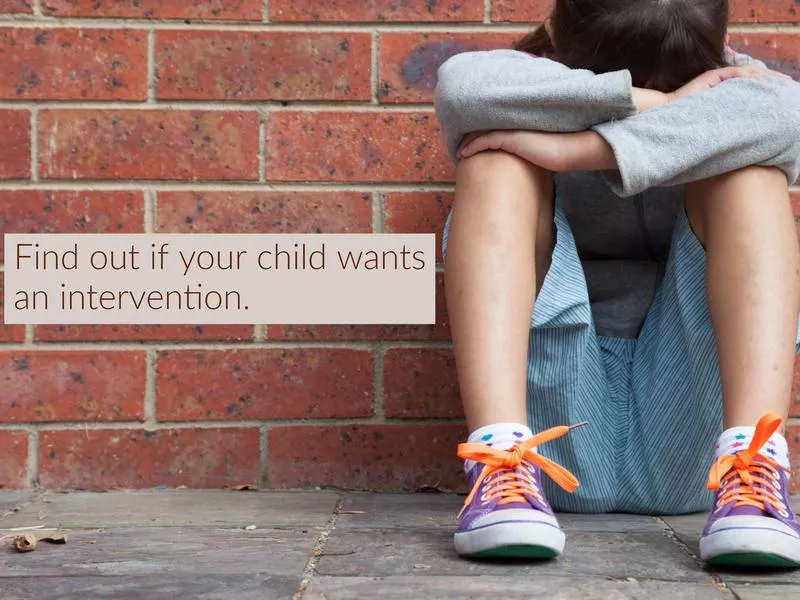
Every parent wants their child to be able to come to them for help, but the fact of the matter is, your kid might not want you to intervene in every situation, especially if he or she is in middle or high school.
If your child is a victim of bullying, as tempting as it is to march into your kid’s school to demand an investigation or to call up the parent of a bully, that might make the situation even worse in some cases.
Sometimes kids, especially older teens, would prefer to handle the problem on their own, particularly if they’re worried that a dramatic parent will only make the situation more embarrassing.
Try talking to your child first to know for sure whether or not they want your intervention, especially if he or she is a tween or teen. Sometimes the help of a school counselor can be less obtrusive and just as beneficial.
Don’t Overlook the Influence of Best Friends
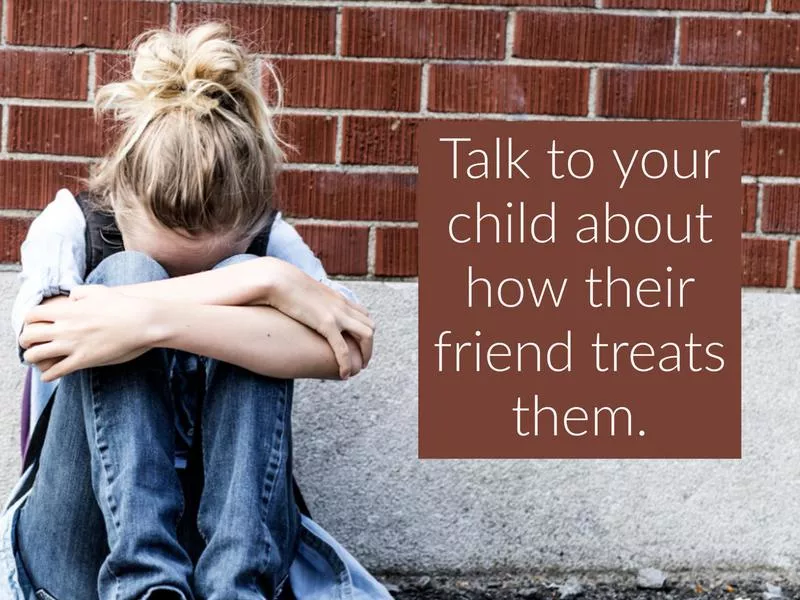
Every parent wishes their kids were surrounded by kind-hearted, empathetic souls. But let’s face it — your child is impressionable, and sometimes the most charismatic or well-liked kid in the classroom isn’t the nicest. So what do you do if a close friend is manipulating or bullying your child?
First off, make friends with that friend’s parents. Organize supervised family gatherings to help you get a better feel for the friend dynamics. Even better, arrange to have your child play more often with other friends, so he or she can develop stronger friendships with other kids, too.
Talk to your child about how this friend treats them and how it makes him or her feel. Let your child come up with some solutions for what to do when someone influences them in a negative way. It can be empowering for children to come up with solutions on their own.
Most importantly, spend more quality time with your child so they know they’re seen, heard and validated. Often kids who need validation gravitate towards those with stronger personalities.
Be Careful About What You Define as Bullying
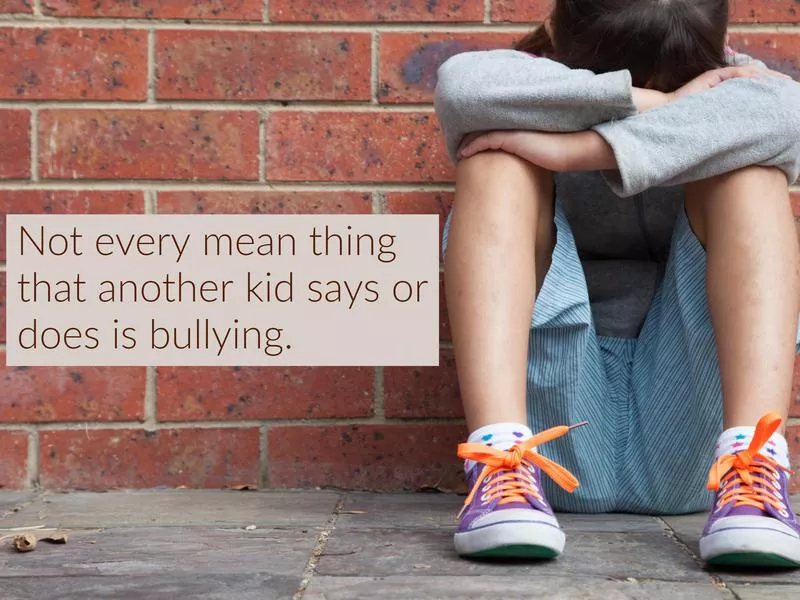
“Bullying” is a word that’s being thrown around a lot these days. We hear about it often in the media, and many schools launch anti-bullying campaigns or bring in professionals to discuss bullying at all-school gatherings — and for good reason.
But parents need to understand that not every mean thing that another kid says or does is bullying. There will be times when your child feels left out or takes offense at a negative comment, but it’s not always the result of bullying.
If another kid shoves your child out of the way to get to the lunch line first, that’s rude and aggressive, yes — but it’s not bullying. However, if the shoving happens repeatedly and over a period of time, then it is bullying and you need to take it seriously. According to stopbullying.gov, bullying includes both an imbalance of power and repetition of actions.
Bullying should never be tolerated, but make sure you have a clear understanding of when someone is being abusive versus just being a jerk.